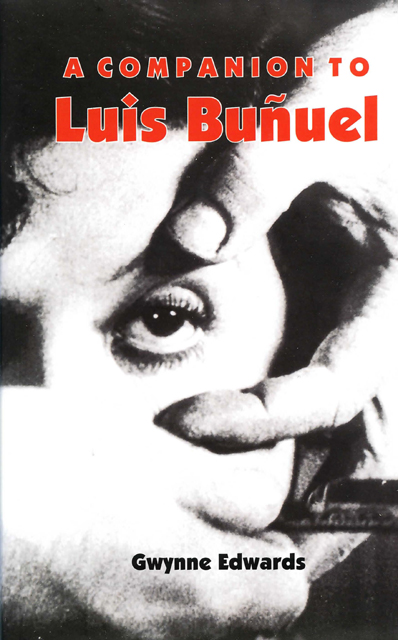4 - ‘Thank God I’m Still an Atheist’
Published online by Cambridge University Press: 05 May 2023
Summary
Surrealist opposition to the conventional values embodied in western society and embraced by the bourgeoisie in particular, inevitably meant that religion, and especially the kind of morality advocated by the Catholic Church, would become a major focus of attack. As we have already seen, freedom of all kinds lay at the heart of surrealist beliefs, be it the freedom from the dictates of reason allowed by instinct and passion, the freedom associated with the imagination, or that connected with dreams and the expression of the unconscious mind. Christianity, on the other hand, based in part on the dictates of the Commandments that ‘thou shall not’, was seen by the surrealists to be essentially restrictive of the freedom that they worshipped, and, because religious teaching formed such a central part of the education provided by Catholic schools throughout Europe, to be a decisive and detrimental influence upon young and developing minds. Furthermore, the Catholic Church was regarded by the surrealists as walking hand in hand with the bourgeoisie, the latter contributing financially to the well-being of the former, and the Church supporting the bourgeoisie in its suppression of the lower classes and in its championing of traditional moral values. In this context, it is not difficult to understand the close links between many of the surrealists and the communists, for both sought a revolution in society that would free the individual, the latter in an economic sense, the former in a moral and spiritual sense, from the power hitherto exercised over them by others.
This said, there are evidently certain parallels between Christianity and Surrealism, for if the latter places great store on the inexplicable and the marvellous, so does the former in relation to some of its key elements: the Immaculate Conception, the Resurrection, the miracles, the transformation of bread and wine into the body and blood of Christ. And if Christianity offers man the possibility of salvation, so in a rather different way does Surrealism in offering him another and better way of life. But if these parallels exist, there is also a fundamental difference in the sense that Christianity codifies its principal values into rules of behaviour based on reason, moderation and self-discipline, while Surrealism advocates freedom from such restrictions. In effect, it would not be unfair to state that for those who were part of it, Surrealism was an alternative religion.
- Type
- Chapter
- Information
- A Companion to Luis Buñuel , pp. 112 - 142Publisher: Boydell & BrewerPrint publication year: 2005



